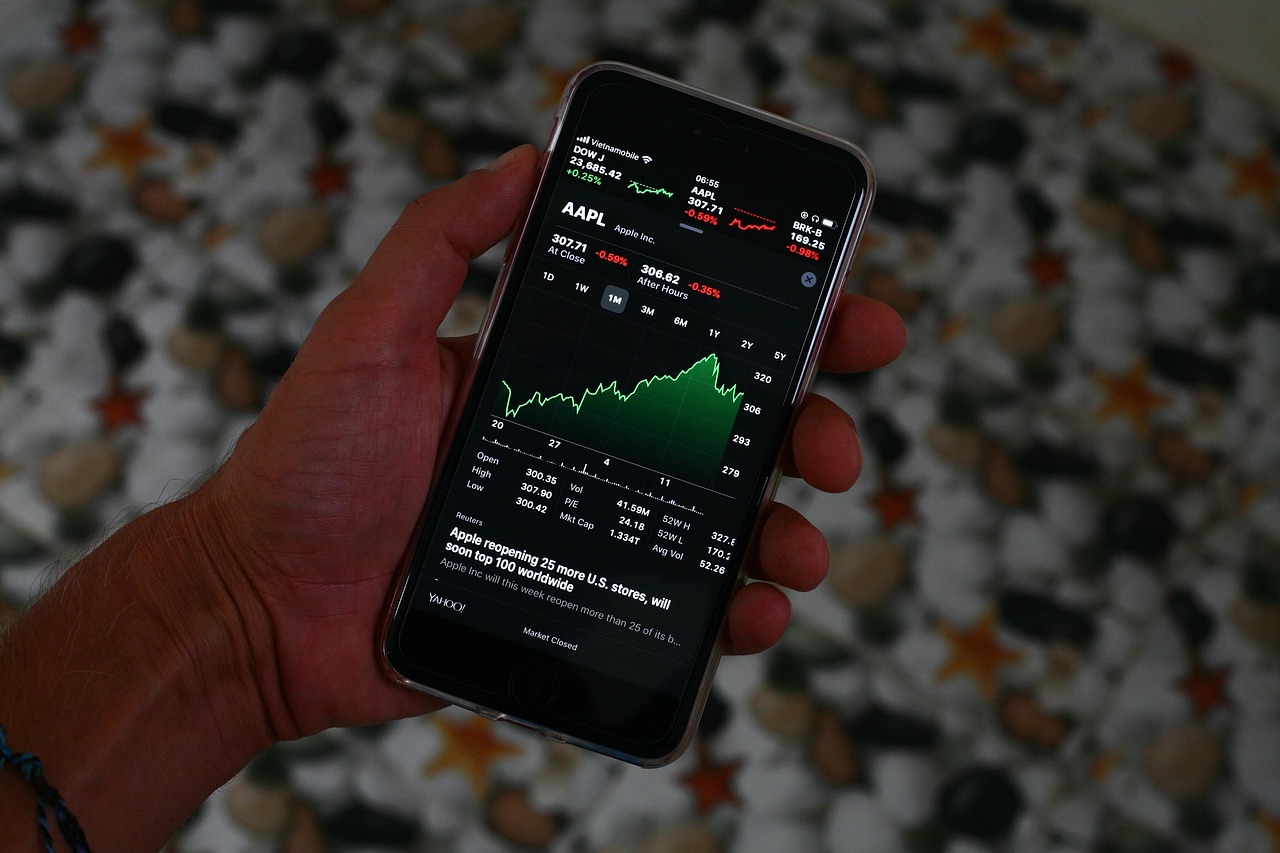As cryptocurrency adoption grows in 2025, secure and efficient crypto wallets have become essential tools for traders and investors. Whether you’re actively trading or holding assets long-term, choosing the right wallet can protect your funds, reduce transaction costs, and provide fast access to the markets.
In this guide, we’ll break down the best crypto wallets for both trading and storage in 2025, so you can confidently manage your digital assets.
Why the Right Wallet Matters
Crypto wallets do more than store your coins—they give you access to decentralized apps (dApps), enable fast trading, and offer layers of security against hacks or scams. The two main categories are:
Hot Wallets: Connected to the internet. Ideal for frequent trading.
Cold Wallets: Offline and more secure. Best for long-term storage.
A good wallet for 2025 should provide a balance of security, speed, multi-chain support, and user-friendly design.
Top Crypto Wallets for 2025
- MetaMask
Type: Hot Wallet (Browser + Mobile)
Best For: Ethereum and DeFi users
MetaMask remains the most popular Ethereum-based wallet, now supporting multiple networks including BNB Chain, Polygon, and Arbitrum. It integrates seamlessly with decentralized exchanges (DEXs) and NFTs.
Pros:
Simple interface
Wide DApp compatibility
Hardware wallet support (Ledger/Trezor)
Cons:
Hot wallet security risks
High gas fees on Ethereum mainnet
- Trust Wallet
Type: Hot Wallet (Mobile)
Best For: Multi-chain access and mobile traders
Trust Wallet supports 70+ blockchains, making it one of the most versatile mobile wallets. It’s ideal for active traders who use DEXs across various chains.
Pros:
Built-in DEX and staking
Private key control
NFT and token storage
Cons:
No desktop version
Requires self-custody knowledge
- Ledger Nano X
Type: Cold Wallet (Hardware)
Best For: Long-term holders and high-net-worth users
Ledger Nano X offers military-grade security with Bluetooth support for mobile use. It supports over 5,500 crypto assets and connects with software wallets like MetaMask for trading.
Pros:
Extremely secure
Works with mobile and desktop
DeFi access via third-party apps
Cons:
Requires initial setup
Not free
- Coinbase Wallet
Type: Hot Wallet (Mobile + Browser)
Best For: Coinbase users and beginners
Separate from the Coinbase exchange, this wallet is non-custodial and supports multiple networks. It’s beginner-friendly and integrates with dApps, making it suitable for both trading and storage.
Pros:
Easy to use
DeFi and NFT support
Coinbase integration
Cons:
Not ideal for privacy-focused users
Limited customer service
- Trezor Model T
Type: Cold Wallet (Hardware)
Best For: Security-focused investors
Known for its open-source firmware and touchscreen interface, Trezor Model T is a top-tier wallet for those who prioritize full control and transparency.
Pros:
Strong security
Open-source firmware
Passphrase encryption
Cons:
Higher cost
No native mobile app
How to Choose the Right Wallet in 2025
When selecting a wallet, consider these key factors:
Security: Cold wallets offer the best protection from online threats.
Ease of Use: Beginners should look for intuitive interfaces and tutorials.
Trading Needs: Active traders may prefer hot wallets with DEX integration.
Multi-Chain Support: Look for wallets that support Ethereum, Solana, BNB Chain, and Layer-2s.
Backup Options: Ensure your wallet provides seed phrase backup or hardware protection.
Conclusion
In 2025, managing crypto safely requires more than just picking a popular wallet. You must align your trading habits, security priorities, and chain preferences to find the ideal tool. For daily use, Trust Wallet and MetaMask are excellent choices. For long-term storage, nothing beats a secure cold wallet like Ledger or Trezor.
Stay updated with wallet innovations and regularly back up your keys—because in crypto, security begins with you.



